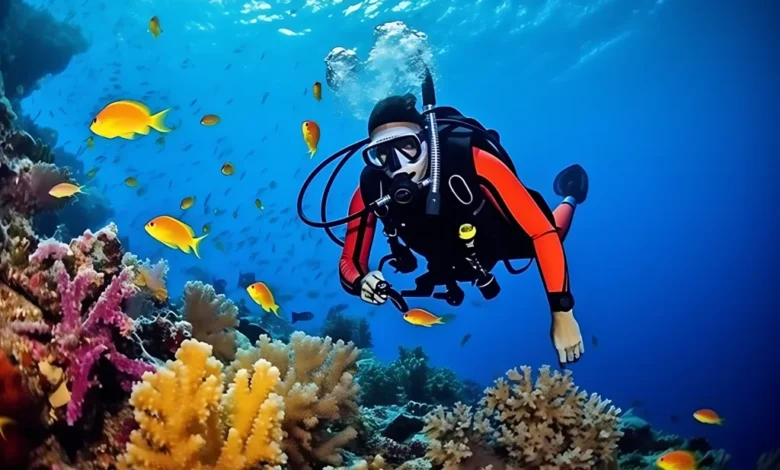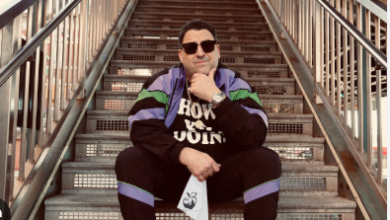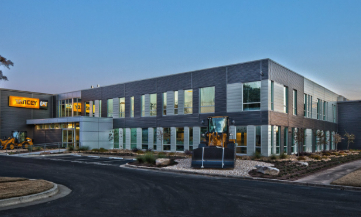Scuba Dive Training: The Essential Guide to Getting Certified

Scuba diving is an exhilarating and transformative experience that opens up a whole new world beneath the ocean’s surface. Whether you’re drawn to the vibrant coral reefs, the mystery of underwater wrecks, or the thrill of encountering marine wildlife, scuba diving offers an unmatched adventure. However, to dive safely and confidently, proper training is essential. In this article, we’ll explore the importance of scuba dive training, the process of getting certified, and what you can expect from the training experience.
Scuba dive training is the essential first step for anyone looking to explore the underwater world safely and confidently. Through courses like the Open Water Diver certification, divers learn vital skills such as equipment use, buoyancy control, and emergency procedures, all while gaining the knowledge needed to dive responsibly. Whether you’re a beginner or aiming to advance your skills, proper scuba dive training ensures that you can enjoy the thrill of diving while prioritizing safety and environmental awareness.
Scuba diving involves operating complex equipment, understanding environmental conditions, and following safety protocols—skills that must be learned and practiced before diving in open water. The main reason scuba training is vital is safety. Diving can pose risks such as decompression sickness, nitrogen narcosis, and equipment failure if not done properly. Training helps divers understand how to prevent these dangers and how to respond effectively should something go wrong.
In addition to safety, training allows divers to enjoy the underwater world with confidence and comfort. Whether you’re exploring vibrant coral reefs, wreck sites, or simply enjoying the serenity of underwater life, training equips you with the skills needed to make the most of your dive. Learning proper buoyancy control, mastering navigation, and becoming comfortable in the water are all part of the scuba experience, and they contribute to making each dive a rewarding and safe adventure.
The Scuba Diving Certification Process
To dive safely and legally, divers must earn certification from a recognized training agency. The two most widely recognized scuba diving certification organizations are the Professional Association of Diving Instructors (PADI) and Scuba Schools International (SSI). Both offer structured programs designed to teach divers essential skills and safety protocols.
See also: The Healing Power of Plushies: Comfort in Times of Need
1. Open Water Diver Certification (Beginner Level)
The most common entry-level certification is the Open Water Diver course. This is the first step for anyone interested in scuba diving and typically takes 3 to 4 days to complete. It involves three main components:
- Classroom Sessions: Here, divers learn the theoretical aspects of scuba diving, including the physics of diving, understanding dive tables, and learning how to use dive equipment. Most of the theory is covered through videos, books, or e-learning programs provided by the certification agency.
- Confined Water Training: This takes place in a controlled environment, such as a swimming pool, where students can practice fundamental skills like mask clearing, regulator recovery, buoyancy control, and underwater communication. This section helps build confidence in the water before venturing into open water.
- Open Water Dives: The final step in the certification process involves four open water dives, typically conducted in a lake, quarry, or ocean. During these dives, students demonstrate their skills while supervised by an instructor. They’ll practice the same skills they learned in confined water but in real-world conditions, such as managing buoyancy at different depths and navigating underwater.
Upon successful completion of these three phases, you’ll receive an Open Water Diver certification, allowing you to dive up to 60 feet (18 meters) independently with a buddy.
2. Advanced Open Water Diver Certification
After completing your Open Water Diver course, many divers pursue the Advanced Open Water Diver certification to expand their knowledge and abilities. This course is designed for divers who want to improve their skills and gain experience in different types of diving, such as deep diving, navigation, and wreck diving. The course consists of:
- Five Dives: The Advanced Open Water Diver course includes five specialty dives, two of which are required (deep dive and navigation dive). The remaining three dives can be chosen from various specialties like night diving, drift diving, underwater photography, or search and recovery diving.
- Training Focus: The emphasis of this course is on improving buoyancy control, mastering navigation, and gaining more experience at greater depths, typically up to 100 feet (30 meters). The goal is to make divers more comfortable and skilled, while also enhancing their safety and awareness underwater.
3. Rescue Diver and Specialty Courses
Once you’ve obtained your Advanced Open Water Diver certification, you may want to consider taking the Rescue Diver course, which focuses on learning how to prevent and respond to emergency situations. This course teaches divers vital rescue skills, including how to assist an unconscious diver, how to handle panicked divers, and how to manage underwater emergencies. Rescue Diver training can be an excellent way to deepen your understanding of scuba diving and further enhance your confidence in the water.
Many divers also pursue various specialty courses, such as wreck diving, cave diving, underwater photography, or even dive master training. These specialty courses allow you to tailor your scuba diving education to your specific interests.
What to Expect During Scuba Training
Scuba diving training is designed to be both educational and enjoyable, with a strong focus on safety. Here’s what you can expect during your training:
- Classroom Sessions: Expect a mix of video lessons, written materials, and interactive discussions. Classroom sessions are generally a fun and engaging way to learn about dive theory, such as how pressure affects the human body or the principles behind dive tables and nitrogen absorption.
- Confined Water Training: The pool sessions are often the most enjoyable part of training. They give you the opportunity to become familiar with the equipment, practice basic skills, and build confidence in the water. Your instructor will guide you through each skill, offering tips to ensure you’re comfortable with everything.
- Open Water Dives: The open water dives are where you apply everything you’ve learned in real-world conditions. You’ll gain first-hand experience with different diving environments, practice skills like mask clearing, regulator recovery, and controlling buoyancy, and improve your overall dive technique.
- Instructors: During your training, you’ll work closely with professional diving instructors, who are certified to guide you through each phase of the course. They will offer personal attention and guidance, ensuring you are safe, confident, and well-prepared for each dive.
Preparing for Scuba Dive Training
To prepare for scuba diving training, there are a few things you should keep in mind:
- Health and Fitness: Scuba diving is a physically demanding activity, so it’s important to be in good health. Most dive agencies require participants to fill out a medical questionnaire, and in some cases, you may need a doctor’s clearance if you have certain medical conditions, like asthma or heart issues.
- Basic Swimming Skills: While you don’t need to be an expert swimmer, you should be comfortable in the water. Most basic certification courses require participants to be able to swim 200-300 yards (or 180 meters) and float or tread water for 10 minutes.
- Commitment and Patience: Scuba diving is a skill that requires practice, so be prepared to dedicate time to learning the techniques, both in the classroom and in the water.
Conclusion
Scuba dive training is your gateway to a world of adventure beneath the ocean’s surface. Whether you’re diving for recreation, exploration, or environmental conservation, becoming a certified diver ensures you have the skills and knowledge to dive safely and responsibly. With the right training, you’ll gain the confidence to explore some of the most beautiful and fascinating environments on Earth, all while being prepared for any challenge that may come your way. Whether you start with the Open Water Diver course or aim for more advanced certifications, scuba diving offers a life-changing journey—one that begins with the right training.






